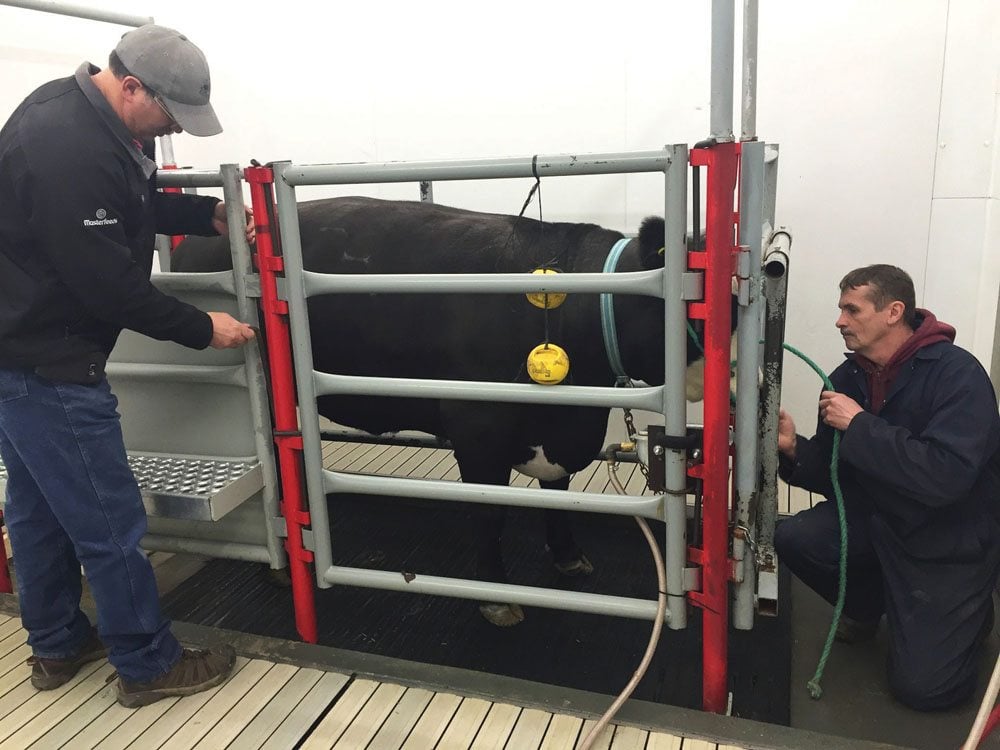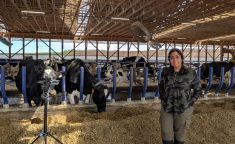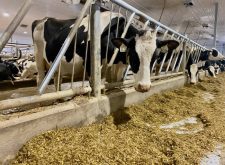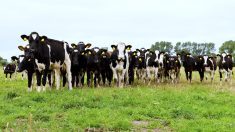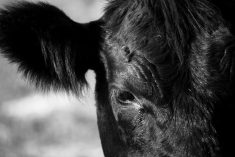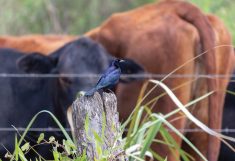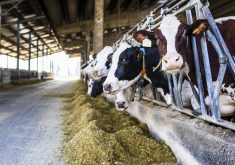A recent study has found feed supplements can reduce methane emissions from dairy and beef cattle.
Researchers from Canada and Australia conducted the three-year study.
“We need to know how feed affects methane production, but we also need to know how it affects other aspects of the farm operation, like daily gains in animals, milk production, and feed efficiency,” said Karen Beauchemin, a beef researcher at Agriculture and Agri-Food Canada’s Lethbridge station.
Part of the study looked at 3-nitrooxypropanol (3NOP), a promising commercial feed supplement that can be given to cattle to inhibit the enzyme methyl coenzyme M reductase, which is responsible for creating methane in the rumen. After blocking the enzyme, 3NOP quickly breaks down to simple compounds already present in nature. Beauchemin studied its short- and long-term impacts.
Read Also
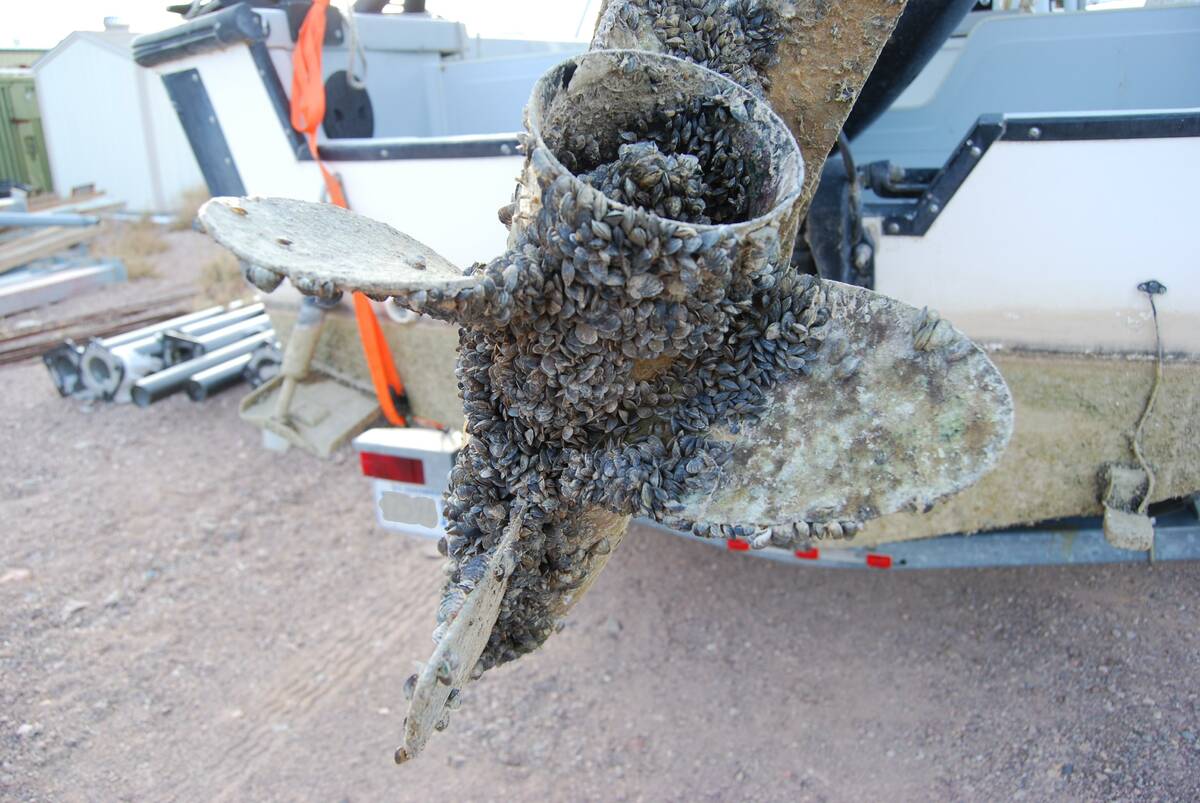
Invasive species council lending a helping hand to Alberta agricultural producers
Alberta Invasive Species Council unveils the huge economic effect of keeping invasive species unchecked to agricultural production in the province.
“We now have clear evidence that 3NOP can have a long-term positive effect on reducing methane emissions and improving animal performance,” she said. “We saw a 30 to 50 per cent reduction in methane over a long period of time and a three to five per cent improvement in feed efficiency.”
When using this supplement, cattle consumed less feed to gain a pound of body weight compared to control animals.
“What is also great is that the inhibitor worked just as effectively no matter what type of feed the cattle were eating,” said Beauchemin. “We don’t know the actual market price of the supplement yet because it is still going through approvals for registration in Canada and the U.S. That will be important for farmers who want to calculate the cost benefit of using 3NOP to reduce methane emissions from their cows and enhance profits.”
Researchers also studied nitrate, a form of non-protein nitrogen similar to that found in urea. When fed to cattle, nitrate is converted to ammonia which is then used by the micro-organisms. During this process, nitrogen in the nitrate works like a powerful magnet that is able to hold on to and attract hydrogen. This leaves less hydrogen available in the rumen to attach to carbon to make methane, thus reducing the amount of methane produced.
Researchers found adding nitrate to the diet of beef cattle reduced methane production by 20 per cent in the short term (up to three weeks). After 16 weeks, it still reduced methane up to 12 per cent. It also improved the gain-to-feed ratio. However, administering the correct dosage is extremely important, as too much nitrate can make an animal ill. So it is recommended this method should be used with care and caution.
A third part of the study found wheat effectively reduced methane production by 35 per cent compared with corn or barley.
But over time cattle adapted to the change in feed and the methane inhibitory effect disappeared after 10 weeks. However, researchers also found genetic variation, with half of the cows fed wheat having lower methane emissions for as long as 16 weeks. The study also found that feeding wheat to dairy cows increased milk yield but decreased fat levels. Because wheat doesn’t lower methane emissions over the long term, it is not recommended as a best practice, researchers said.

